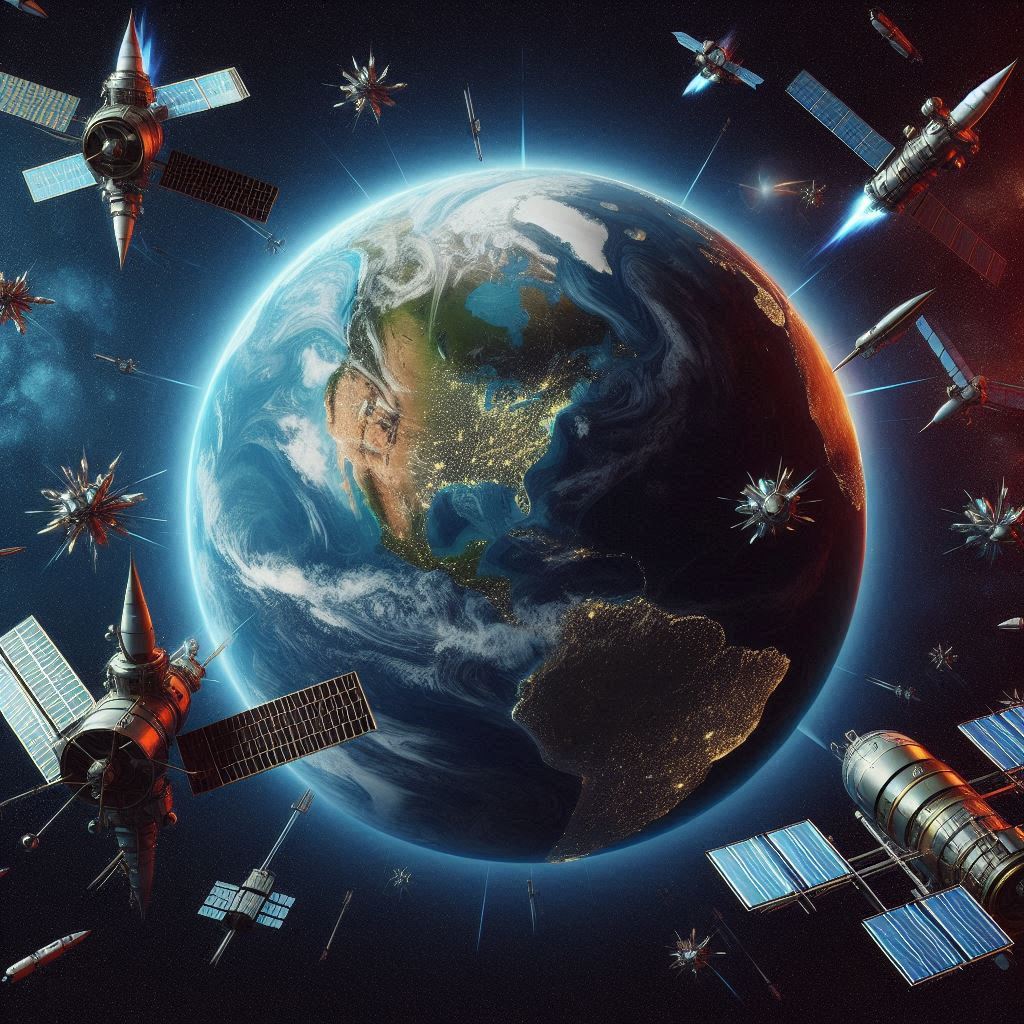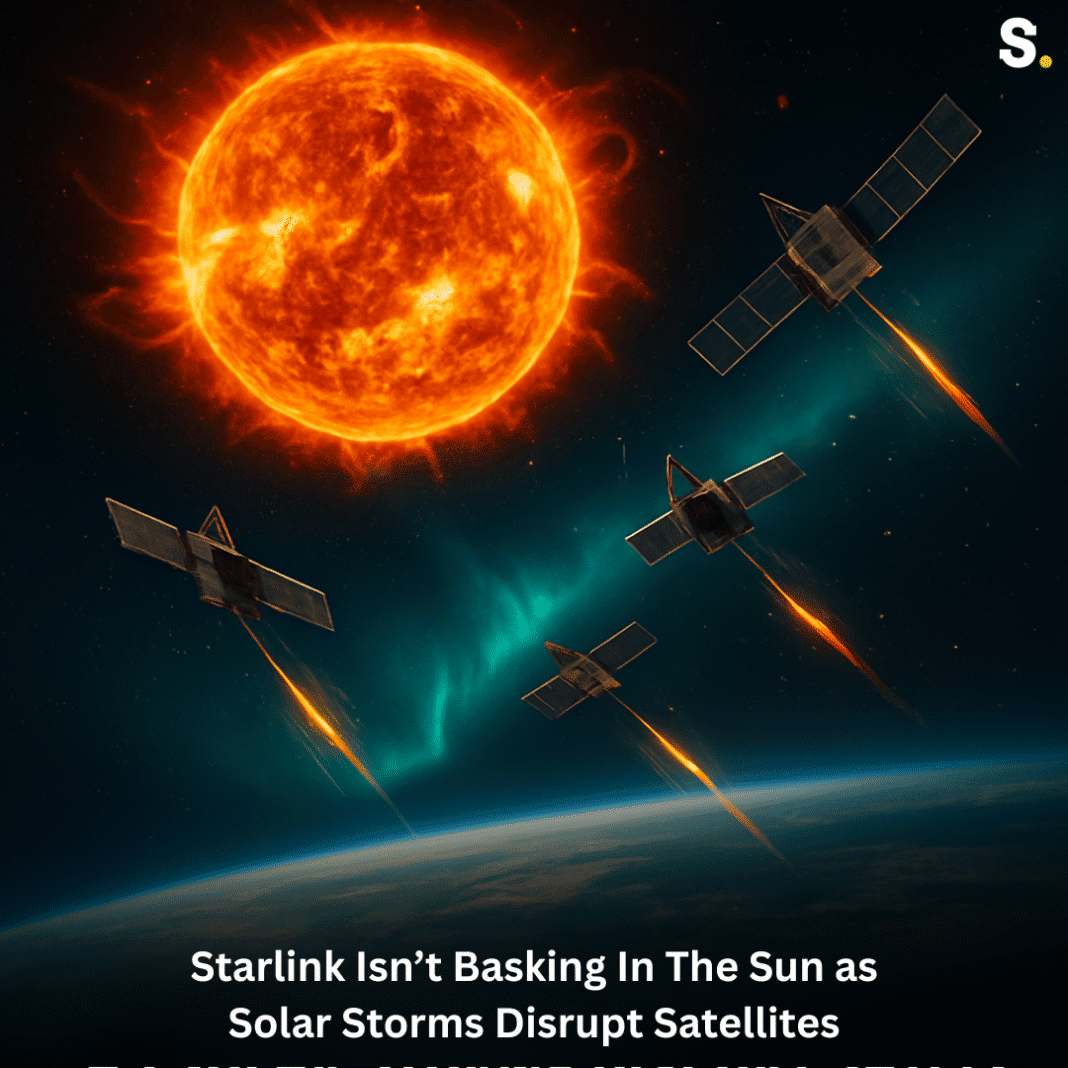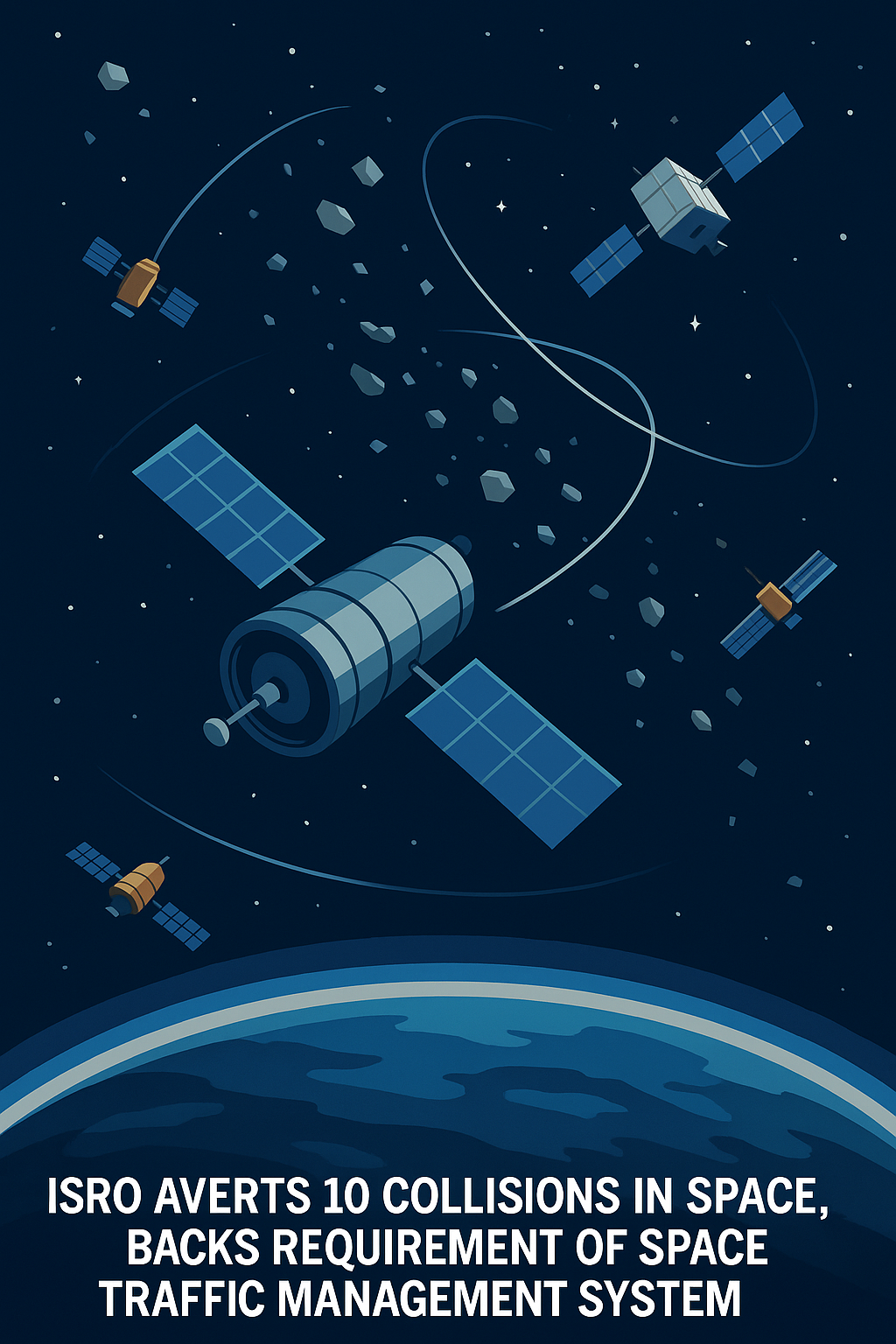China has sent a serious and clear warning to the United States, urging it to stop increasing its military power in space. The spokesperson for China’s Ministry of National Defense, Zhang Xiaogang, delivered this statement. He made these strong remarks during a press conference held on Thursday.
China’s Strong Message to the U.S.
Zhang was responding to the U.S. government’s ongoing plans to move forward with the Golden Dome missile defense system. This system includes the deployment of space-based weapons and defense equipment. According to Zhang, the U.S. has been working on this system for some time and is now pushing ahead with it more aggressively.
China sees this move as a threat to global peace and stability. Zhang accused the U.S. of continuing to expand its military capabilities in space without any concern for the consequences. He stated that the U.S. is not only deploying more weapons but is also encouraging an arms race in outer space, which could lead to dangerous competition among nations.
Zhang stressed that these actions by the United States are harmful and irresponsible. He believes that instead of making space safer, the U.S. is turning it into a possible battlefield.
China Warns of Space War as Trump Unveils $25B Golden Dome Missile Shield
Violating the Spirit of Peace in Space
One of Zhang Xiaogang’s biggest concerns is that the U.S. actions may be violating international agreements. In particular, he referred to the Outer Space Treaty, which was signed in 1967 by the U.S., China, and many other countries. This treaty says that space should only be used for peaceful purposes. Additionally, it states that nations should refrain from deploying WMDs into space.
Zhang claims that the United States is violating these ideals. He claimed that the United States is breaching the terms of this pact by putting additional weapons in orbit and constructing military systems like the Golden Dome.
Such measures raise the possibility of transforming space into a battlefield, Zhang cautioned. Once weapons are placed in space, other countries may feel forced to do the same. This leads to a space arms race, where countries keep trying to outdo each other by adding more and more weapons.
He used the phrase “opening Pandora’s box” to describe the danger. This phrase means starting something that leads to many unexpected and bad results. According to Zhang, the U.S. is creating a situation where peaceful space activities could turn into military conflict.
Zhang made it clear that these developments could destroy the international arms control system. The system is designed to reduce the chances of war and protect the world from dangerous weapons. If countries start placing weapons in space, this system could collapse.
From Space with Malice: China’s Satellites Tipped the Balance in India-Pakistan War
China’s Call for Peace and Responsibility
Along with its criticism, China also gave a strong message calling for peace and responsibility. Zhang Xiaogang urged the United States to stop expanding its space military build-up and instead take real actions to protect international security. He said that this is necessary to maintain global strategic stability.
He also pointed out that no other country has done more than the U.S. when it comes to militarizing space. Zhang believes that the United States is leading the way in turning space into a potential battlefield. This, he said, is not the path the world should follow.
China’s message is that space should be a place for cooperation and peaceful exploration, not a place for conflict. Zhang called on the U.S. and other countries to respect international agreements and work together to prevent weapons from being deployed in outer space.
By doing so, Zhang hopes that space can remain safe for all countries. He said it’s time for the U.S. to take real, responsible steps that support peace, not war.
China’s warning is a reminder that while technology allows us to reach the stars, we must not carry our conflicts with us. As countries gain more power in space, the decisions they make today will shape the future of space for generations to come.




